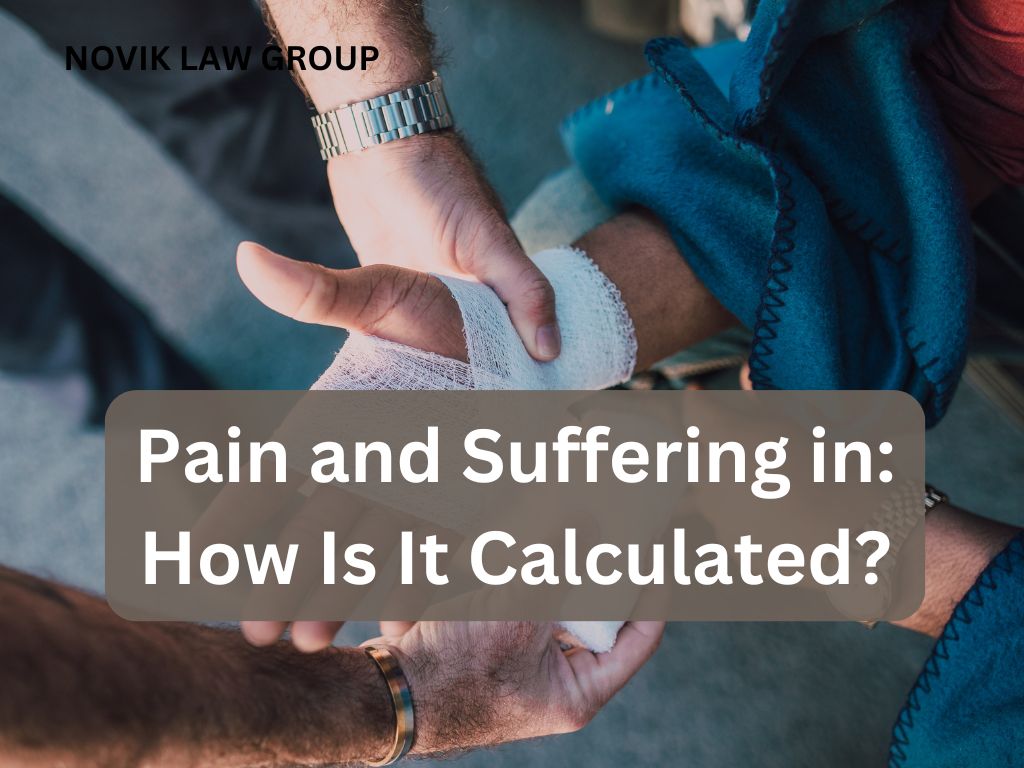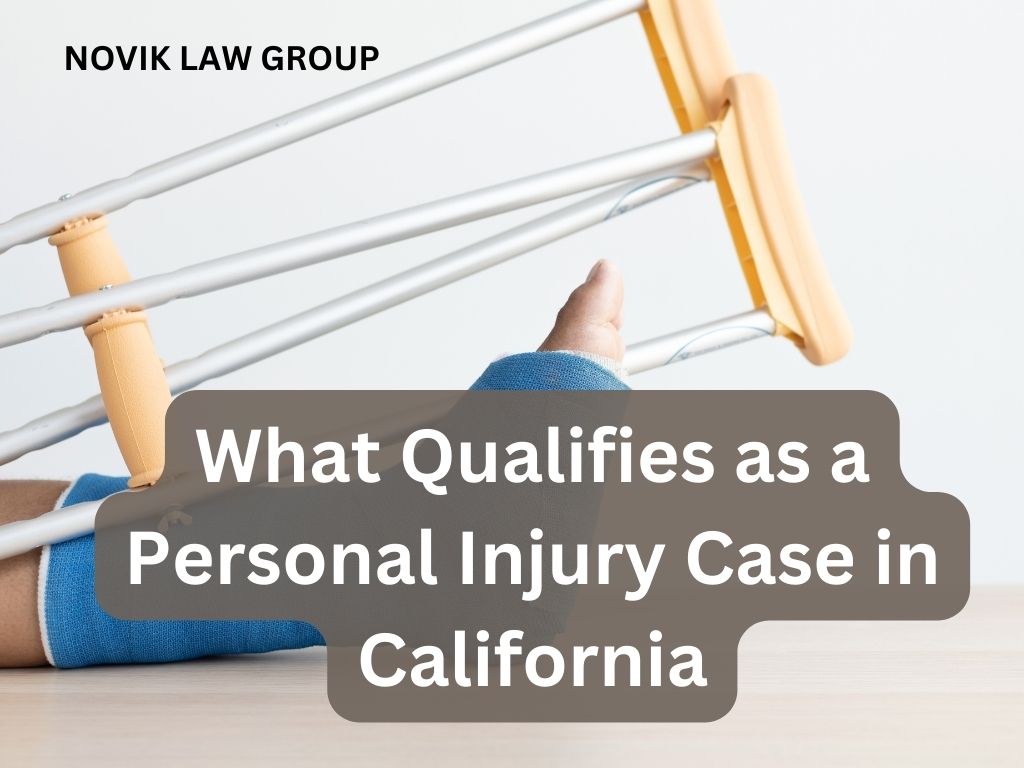Pain and Suffering in California: How Is It Calculated?

In California, juries don’t use any standard formula when they calculate pain and suffering damages in a trial. Instead, they consider the severity and duration of your physical and emotional harm, the medical care you have received, and your long-term outlook for recovery, as well as how it may affect your daily life and your ability to work. If the defendant’s behavior showed recklessness or intentional negligence, it could affect your compensation.
What is Considered Pain and Suffering in California?
California law views pain and suffering based on how your emotional and physical injury impacts your life. Compensation for pain and suffering isn’t only based on medical bills; it takes into account your chronic pain, stress, whether you can perform daily activities, work, and sleep, and whether your limitations are temporary or permanent. California law allows juries to consider these factors when they determine the amount of compensation you will receive.
Types of Pain and Suffering Damages You Can Claim in California
Pain and suffering damages in California cases go beyond visible injuries. Your lawyer can seek damages for the entire weight of your injury, including grief, ongoing pain, limited mobility, emotional trauma, and the loss of normalcy. The law can recognize these factors and how much they impact your quality of life. You can be compensated for these if the court rules in your favor.
How Much Do I Get for Pain and Suffering in California?
California law leaves room for nuance when juries award pain and suffering settlements. This can include the emotional toll of trauma, your medical records, personal testimony, and how the injury has changed your life. Compensation amount can vary widely and often depends on whether the defendant is at fault, and if your personal injury attorney can prove that their negligence caused your injury and how it changed your life.
What Kind of Evidence Proves Pain and Suffering in California Courts?
Persuasive evidence that proves pain and suffering shows how your injury has affected your life beyond the physical damage it has caused. Testimony from your doctors or mental health professionals can help achieve this. Personal journals, videos, or statements from your family or friends who understand the difficulties your injury has caused you can validate your emotional trauma and detail the changes in your mental health. If you can’t drive, cook, or sleep through the night, these limitations matter too, and you should receive pain and suffering compensation for them.
Can Expert Witnesses Help Prove Pain and Suffering in California?
Expert witnesses can increase the credibility of the evidence in your personal injury case and prove pain and suffering. They provide objective, professional testimony and insight about how your injury affects you. In California cases, the jury wants to see how professionals interpret your condition. They can make your case more persuasive and can positively influence your compensation.
Filing a Pain and Suffering Lawsuit in California
When you plan to file a California pain and suffering lawsuit, find a good lawyer who listens that you can trust. An experienced Los Angeles car accident lawyer who fully understands the local legal system can build a strong case so you get fairly compensated. Share your story with them and explain the details of how the injury has affected you and your life. Your attorney will help you gather evidence, file paperwork, fight for your rights, and advocate for the maximum compensation you deserve.
Are Pain and Suffering Damages Capped in California?
California generally allows full consideration of pain and suffering without any ceiling. This allows judges and juries to make awards based on the full impact of your injury and your resulting limitations. In some types of cases, like those that involve medical malpractice, there are state limits on how much you can be compensated for non-economic damages. It’s important to know if a cap applies to your specific situation, so consult with a qualified personal injury attorney, and they can clarify this for you.
How to Estimate Pain and Suffering in Your Case
A qualified California personal injury attorney will look closely at how your injury has changed your life in every way. They will review your medical records, therapy notes, and evaluate your descriptions of your pain level, stress, and limitations. They consider how your injury has affected your sleep, mood, relationships, and ability to work. They will also assess your anxiety and grief and use the insights they gather and legal precedents to build a realistic estimate of a settlement that advocates for your rights. It will include compensation that factors in the severity of your injuries and your future needs.
FAQ
Knowing if you have a personal injury case starts by asking a few questions. Did someone act carelessly or fail to follow safety rules? Did their behavior lead to your injury? Have you suffered physical, emotional, or financial harm due to it? If you answer yes to all three, you should speak with a qualified personal injury attorney at Novik Law Group who can advise you of the next steps to take.
The majority of personal injury claims in California are filed due to car accidents, often caused by texting while driving or ignoring stop signs. Even one minute of not paying attention can cause lasting damage, which is why car accident personal injury claims outnumber other personal injury cases.
Most personal injury cases in California are settled out of court instead of going to trial, so the odds of receiving compensation are relatively high. When cases go to trial, plaintiffs win around 60% of the time. Winning doesn’t always mean receiving the full amount of compensation. Receiving the maximum payout depends on your evidence, how fault is assigned, and having the right skilled attorney by your side to help you achieve a favorable outcome.
NO UP-FRONT COSTS!
If you think hiring an attorney is too expensive, think again! By following our legal advice, our clients pay zero fees and have zero out-of-pocket costs until we win or settle their case. Guaranteed.


